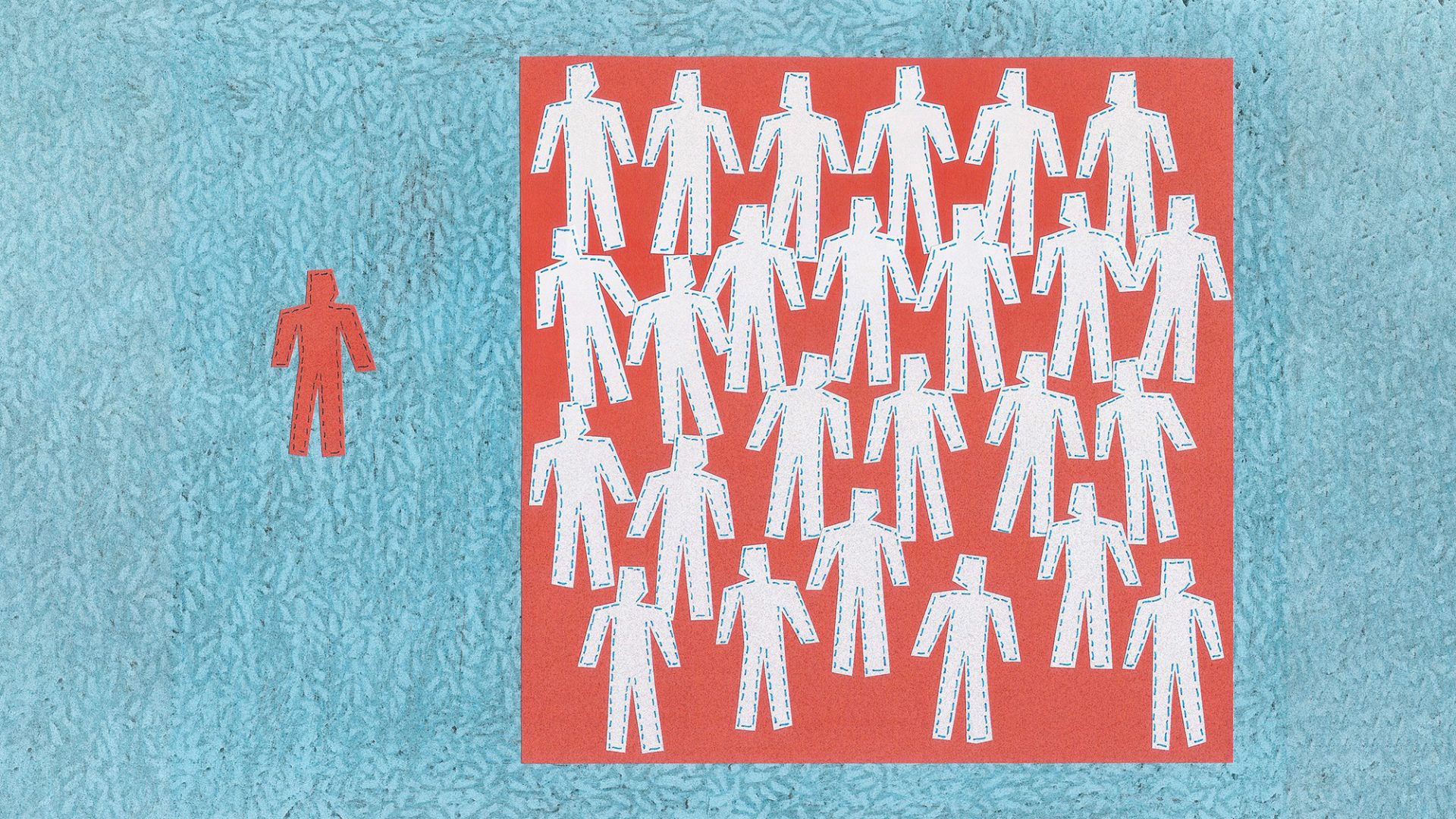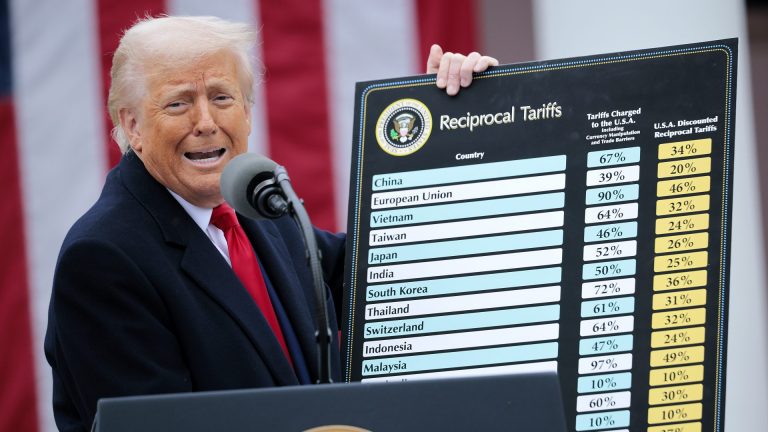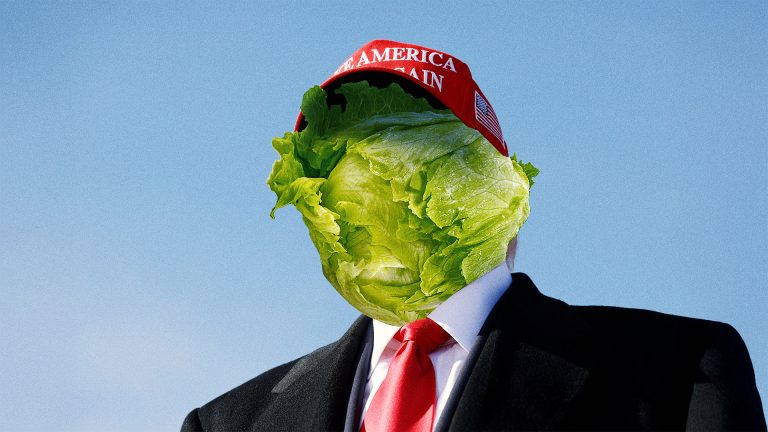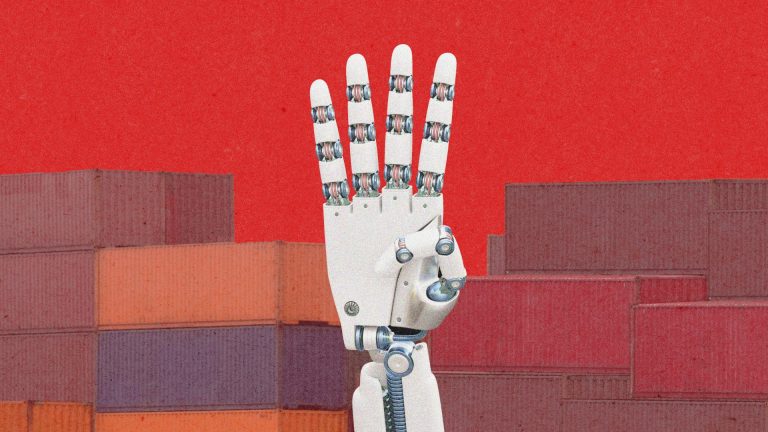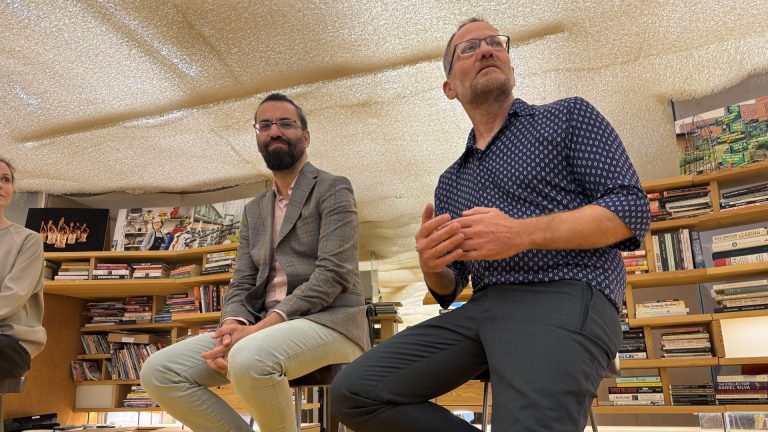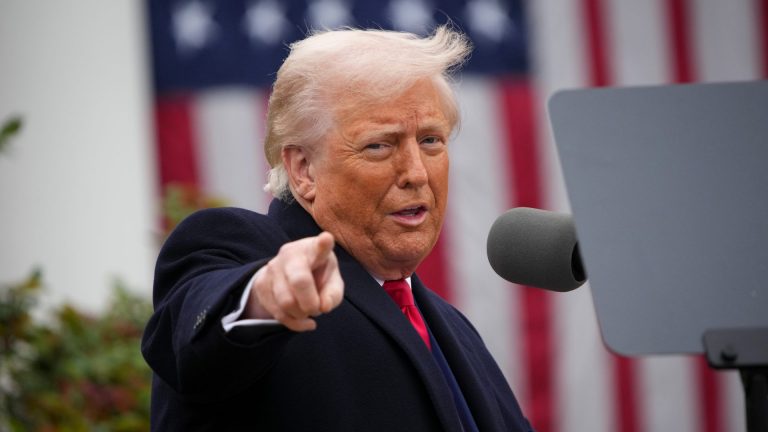“He’s a brown Hindu, how is he English?” That’s the moment, in a discussion about the former prime minister Rishi Sunak, which made a video clip from a YouTube show go viral.
The clip has racked up nearly 4 million views on X and its sentiment has been widely condemned, even by some surprising sources. But for black Britons like me, it has thrown up uncomfortable questions about race and nationality.
The prime movers in the video are Moscow-born British pundit Konstantin Kisin and Fraser Nelson, no stranger to controversy. In his old role as former editor of the Spectator, Nelson was happy to publish the work of Douglas Murray, the far right commentator who has been frequently accused of Islamophobia and who told the Dutch parliament in 2016: “Conditions for Muslims in Europe must be made harder across the board”.
After stepping down (or being pushed out in favour of Michael Gove) last year, Nelson was the driving force behind a much-criticised Channel 4 Dispatches show about sickness benefits. It will have come as a surprise to some then, that Nelson found himself sounding like a voice of reason when he appeared on Kisin’s “free speech YouTube show and podcast” TriggerNometry, which he co-hosts with Francis Foster, on February 16
Towards the end comes the viral moment, which then was turned into a 20-second clip titled “Can Immigrants Become English?”. Millions of views followed, Nelson stoking the fire by retweeting it with the quote “Unexpected controversy!”
In a longer interview full of far right talking points on migration, Kisin questions at what point England ceases to be English when the native population is significantly outnumbered – even though this is far from the case in the UK. He says, “my relatives from Russia or Ukraine or Armenia or whatever, they come to Heathrow, and they go, ‘is this still England right now?’”
He adds: “For the vast majority of people in this country, their sense is that when the country ceases to be visually the same as it was, at some point, there is a level when it ceases to be that country.”
But the moment that has caused all the fuss comes when Kisin goes on to say that he doesn’t consider himself or his English-born son to be English. Nelson counters that rather than colour, nationality should be defined by birthplace and upbringing. He uses as an example the former prime minister, prompting Kisin’s “how is he English?” moment.
The pushback since the interview clip went viral has been spectacular. Kisin has been criticised by everyone from the Joint Council for the Welfare of Immigrants to the Mail On Sunday commentator Dan Hodges the far right agitator Laurence Fox. But the funny thing is that someone like me – I was born in London to a mother and father both born in Ghana and all British citizens – can understand why he thinks he and his son are not English.
The truth is that lots of black and Asian Britons don’t see ourselves as English. Rishi Sunak might call himself English, and it’s his right to do so. But I have never heard another black Briton, including my family, say they are English – only British.
Why is this? I think immigrants and their descendants feel firstly “British” because of the British Empire, which invited us here to prop up the NHS and other industries.
But English? We don’t fit into the way “Englishness” looks and we have had years of being told – overtly or subliminally – that we don’t qualify.
Racism is alive and well in the UK. I keep coming back to a report commissioned by the Guardian in 2018 that found 38% of people from minority ethnic backgrounds said they had been wrongly suspected of shoplifting in the last five years, compared with 14% of white people. Another 43% said they had been overlooked for a work promotion in a way that felt unfair in the last five years – more than twice the proportion of white people (18%) who reported the same experience.
As a Black Briton, I have privileges that my Ghanaian cousins do not. A passport pre-Brexit that allowed me entry to most countries with little or no fuss. A health service that I don’t need private insurance for.
But as a black person, my Britishness also rubs up against institutional bias. The Nationality and Borders Act 2022, which built the British Nationality Act 1981, makes clear that as British citizens with parents or grandparents who were not born in England, we are subject to different rules than our white English peers.
Since 2006, the government has been able to withdraw citizenship from dual nationals who act in a manner deemed “seriously prejudicial to the vital interests of the UK”. In 2014, these powers were extended to foreign-born British citizens without dual nationality. The 2022 Act extended the powers still further.
In early December 2022, the New Statesman crunched the numbers and found that the Nationality and Borders Bill could potentially deprive half of British Asians and 39% of Black Britons of their citizenship rights without warning. Governnments might that stripping someone of their citizenship happens only in a very limited numbers of cases, but that is not the point. It is that this punishment exists for some Britons but not others.
The Act applies to Britons who have dual citizenship or a migrant background. That’s pretty much every person who is not White English. It includes the Jewish community and even dual British-Russian citizens such as Kisin. I wonder if he is aware of this?
Not only are Black people, Asians and others not deemed to be English by, as Kisin says, “millions and millions and millions and millions” of people, but we are also deemed second-class citizens by our own government.
Non-white Britons find themselves being pushed down a decidedly steep and slippery slope. We’ve been on it for years – it was as long ago as 1978 that Margaret Thatcher talked about how “people are really rather afraid that this country might be rather swamped by people with a different culture… if there is any fear that it might be swamped people are going to react and be rather hostile to those coming in.”
That’s why Kisin has stumbled on an uncomfortable and distressing truth, and why I’m forced to agree with him.
English as an ethnicity is seen as white and maybe there’s nothing wrong with that.
But what happens when people born in England who consider themselves British are told with increasing volume that they are neither English or British? Unfortunately, it seems like we are about to find out.
Samantha Asumadu is an investigative journalist and documentary filmmaker. She has written for the Guardian, the Telegraph, Open Democracy, New Statesman.

